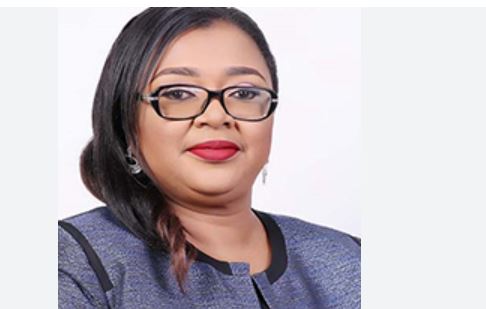Ultimate Health Management Services, a Health Maintenance Organisation (HMO), has recapitalised its capital base from N400 million to one billion Naira, in a bid to expand its space.
This is beyond the 750 million Naira minimum requirement stipulated by the National Health Insurance Authority (NHIA), the regulatory body for the sector.
The chairman of Board of Directors, Ultimate Health HMO, Angela Ajala, disclosed this during the organisation’s 13th Annual General Meeting (AGM), in Abuja.
She said this was achievable because the organisation was progressing and was futuristic in its ideas.
“We believe that if they say N750 million, we can do a billion because we are not restricting ourselves to just Nigeria, we’re going beyond.
“So we need to expand our base and make sure that we have the capacity to take on the expansion we’re doing.
Ajala also said that the HMO was not only particular about the wellbeing of Nigerians living in Nigeria, but also expanding its horizons to cater to the wellbeing of its members in diaspora but have family in Nigeria.
The managing director of the HMO, Otunba Lekan Ewenla, emphasised the need for inflationary trends to be put into consideration for upward review of premiums so that hospitals don’t stop providing services.
He said health insurance is volume driven with provision for basic healthcare services to be covered and with an amount attached to the services to be rendered.
“At commencement, it was determined to be N550 per person per month in 2005 and the actuarial reports that was submitted to the regulator, indicated that the N550 or whatever 65 per cent was then should be upwardly reviewed by a recommended percentage within 24 months,” he explained.
“This was to take care of the inflationary trend which was responsible for the upward review of N550 to N750 in 2014, the Ewenla added.
However, he said the review was not carried out in the stipulated two years which would have been 2007 but was carried out in 2014 instead which saw to the rise of premium from N550 to N750.
“Now the last review that was done was in 2014, we all know the exchange rate today and we all know that the bulk of the medications that we use in this country to provide services are imported.
“So facilities, hospitals, that’s our primary risk bearer no longer enjoy the scheme”, said Ewenla.
We’ve got the edge. Get real-time reports, breaking scoops, and exclusive angles delivered straight to your phone. Don’t settle for stale news. Join LEADERSHIP NEWS on WhatsApp for 24/7 updates →
Join Our WhatsApp Channel










